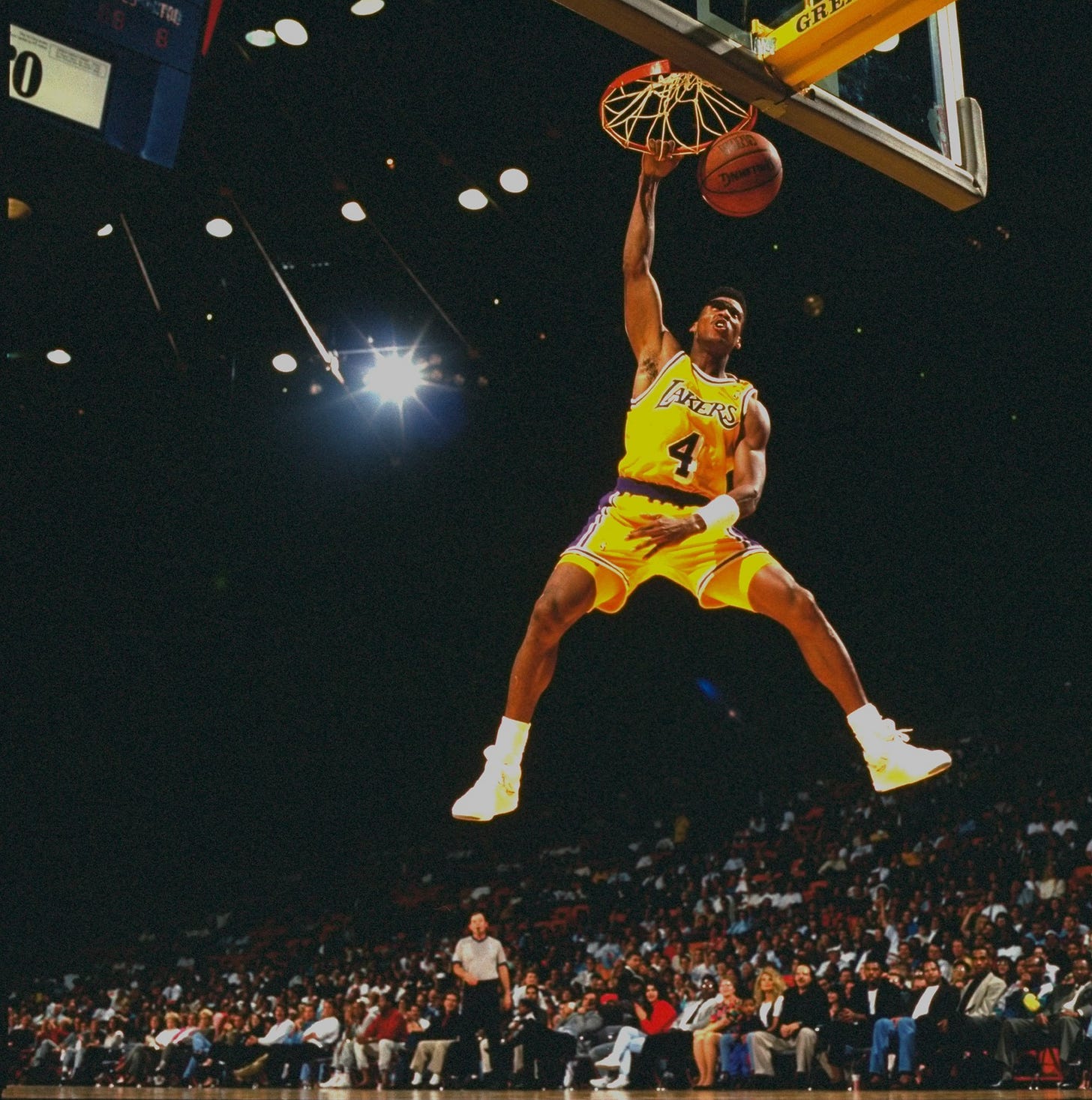Kareem's Insider Secrets of Episodes 5 and 6 of "Legacy: The True Story of the LA Lakers"
Lakers' Losing Streak, the Return of Magic, Kobe and Shaq at Each Other's Throats, and Phil Jackson Helps Win Championship
Episodes 5 and 6 cover eight of the most chaotic years in the Lakers’ history. After most of the Showtime Lakers retired or were traded, the team fell into a funk that saw ticket sales drop and a general abandonment by fans. By the end of Episode 6, the Lakers have finally returned to their former glory by winning the 2000 NBA Championship. But the road to that triumph was a long and tortured one. Following are some of my insights into the challenges depicted in the series.
EPISODE 5
Byron Scott backlash after commenting on the Rodney King uprising.
In 1992, a Los Angeles jury found four cops—three White—not guilty of the brutal beating of Rodney King, despite overwhelming evidence. A video showed the cops beating him for 15 minutes while other cops stood by and watched. After the acquittal, LA erupted into six days of rioting, resulting 63 deaths and over 2,000 injuries.
Byron Scott said in an interview that he understood how the protestors felt, which resulted in a huge backlash of hate against him. What White people wanted was for Byron to be a Good Negro and condemn protestors and rioters alike, as if they were the same people. That hasn’t changed today. During the Black Lives Matter protests a couple summers ago, looters took advantage of the chaos to do what they do. Politicians who didn’t want to address the underlying cause of the protests—systemic racism that resulted in the unnecessary deaths of unarmed Blacks—distracted people by claiming protestors were also looters. Those who want to deny widespread racism exists are easy to convince.
Back then, the popular consensus was that cops could do no wrong and that racism was an excuse Black people used when they weren’t successful. But every Black person living in Southern California then was well aware that the cops here had a long tradition of misconduct toward People of Color and that they got away with it. Every Black person on the Lakers—and across America—understood how the protestors felt: angry, frustrated, unsafe, hopeless. Saying so publicly took a lot of courage, something Byron has in abundance.
Fast forward to 2016 and Colin Kaepernick starts to take a knee during the national anthem to protest the same police brutality and police-sanctioned murder of Blacks. Colin could have remained silent, played ball, and collected his millions. But like Byron Scott, he wasn’t built that way. Sadly, 30 years after Byron’s “controversial” statement, we’re still watching videos of police abusing and killing unarmed Blacks. And the deniers still deny.
The influence of rap culture forever changed the NBA.
My idols were Bill Russell, Jackie Robinson, Muhammad Ali, and Arthur Ashe because they spoke out against racism when no one wanted to hear what an athlete had to say about social or political issues.
But it is undeniable that rap culture brought with it a defiance of the social norm that was attractive to young NBA players as well as the rest of the youth culture of the time. Rap artists like NWA articulated the anger and frustration with passion and style and that encouraged Black athletes to add their voices to the general song of discontent. Protest became not just a statement, but a lifestyle. It made serious inroads into pop culture, though mainstream culture still resisted. Still, it was clear that the change in how athletes would proceed was inevitable. True heroes would arise out of the trendiness and speak out, even when it threatened their career. Rap culture helped accelerate that process.


